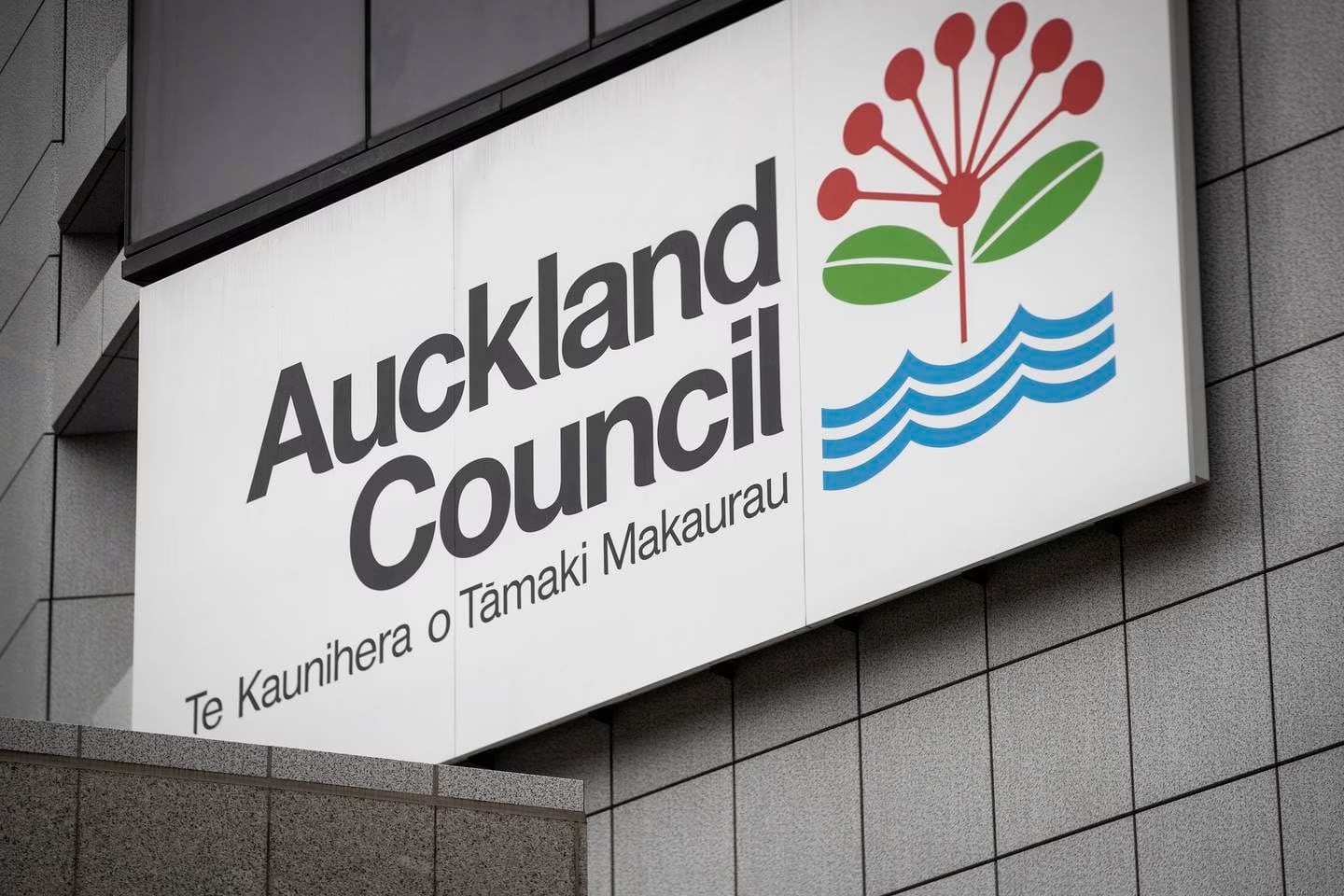Auckland Council has voted to oppose the Treaty Principles Bill and will put forward a submission in opposition to it.
After a debate on Tuesday, the council voted 11-8 with one abstention in deciding to submit in opposition to the contentious legislation.
Auckland Council says on its website that it has statutory obligations to Māori in order to recognise and respect the Crown’s responsibility to take appropriate account of the principles of the Treaty.
The council also has strong connections with Auckland iwi, including Ngāti Whātua Ōrākei. It states that the Treaty is a guide for how the council fosters positive and productive relationships with Auckland’s Māori and is the foundation on which local government in Auckland works to deliver for Māori aspirations.
Speaking on the council’s decision to oppose the bill, Chair of the Policy and Planning Committee, councillor Richard Hills, told Stuff there was an initial split vote to remove the word “opposition” from the submission.
“It was 10 votes to 10 to remove the word ‘opposition’, which was quite strange, and then I used my casting vote to then take it back to the original motion to oppose. And then it was 11 votes to eight.”
Hills said the council chose to oppose the bill due to their strong relationship with Auckland’s 19 mana whenua groups, and that in their view there had been a lack of consultation with mana whenua over the bill.
“We have a really strong Māori outcomes framework. We work in partnership with iwi for positive outcomes for the city. So we just think that it could put a lot of that work at risk,” Hills said.
He added that the Treaty principles have been through many legal tests, and since the National Party had already signalled it vote down the bill at the second reading, the council did not see how the legislation was going to be passed into law.
Despite the outcome, Hills said he didn’t expect the vote to oppose the bill to be as controversial as it turned out to be.
“Ten councillors wanted to put forward a neutral position, which speaking to the select committee it would have been fairly impossible to give a neutral position, you are either for the bill or against it.”
“Most people who said they wanted to remove the word ‘opposition’ were also saying they opposed the bill, but they didn’t want to officially say it. It was very confusing.”
Auckland Mayor Wayne Brown was away on council business and did not take part in the vote.
The final vote means the council’s official position is in opposition to the bill and they will put forward a submission opposing it.
The product of ACT party leader David Seymour, the Treaty Principles Bill is designed to set out the principles of the Treaty of Waitangi in legislation, and require, where relevant, those principles to be used when interpreting legislation.
The bill formed part of ACT’s coalition agreement with National, with both parties agreeing to support the bill to its second reading. Prime Minister Christopher Luxon has repeatedly vowed to vote down the bill at second reading, meaning it will not progress further.
In response to Auckland Council’s decision, Seymour told Stuff that New Zealanders “overwhelmingly” support the bill.
“Clearly, Auckland Councillors fear that New Zealanders will vote the ‘wrong’ way in a referendum.
“Councillors are naïve if they think they’ll get any credit from voters for this move. Long-suffering ratepayers expect their elected officials to have a laser focus on local issues of rates, roads, and pipes. Instead, they’re grandstanding on a national issue.”
Seymour said the move could cost councillors at the local body election due to take place in 2025.
“They are begging to be challenged in 2025 by new candidates focused on value for money, not promoting co-governance.”
A Curia poll in October showed 46% of respondents in support of Seymour’s bill, with 25% opposed and 29% unsure, but a 1News-Verian poll released on Tuesday showed only 23% of respondents in support of the bill, with 36% opposed and 39% saying they did not know enough about it.
Submissions on the bill are open until January 7, 2025.
- Stuff


